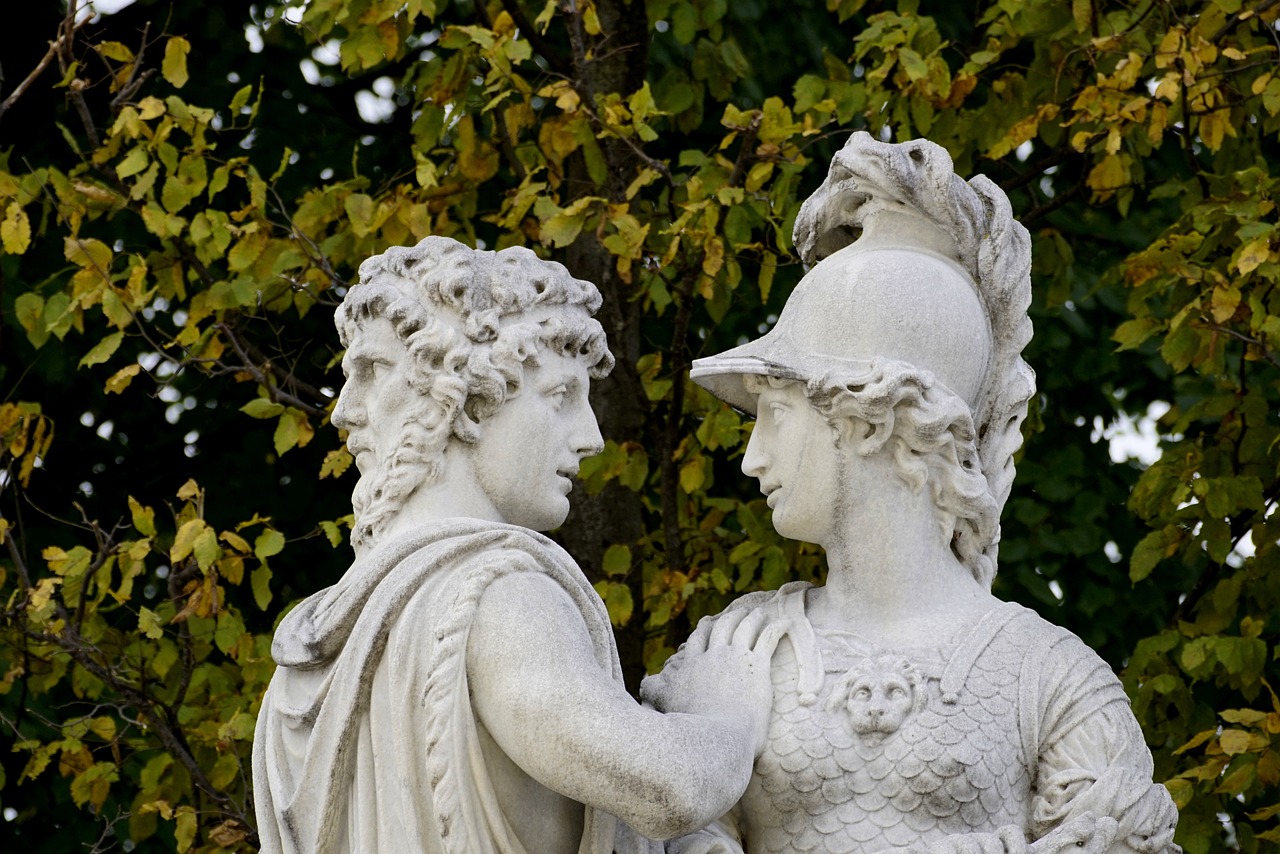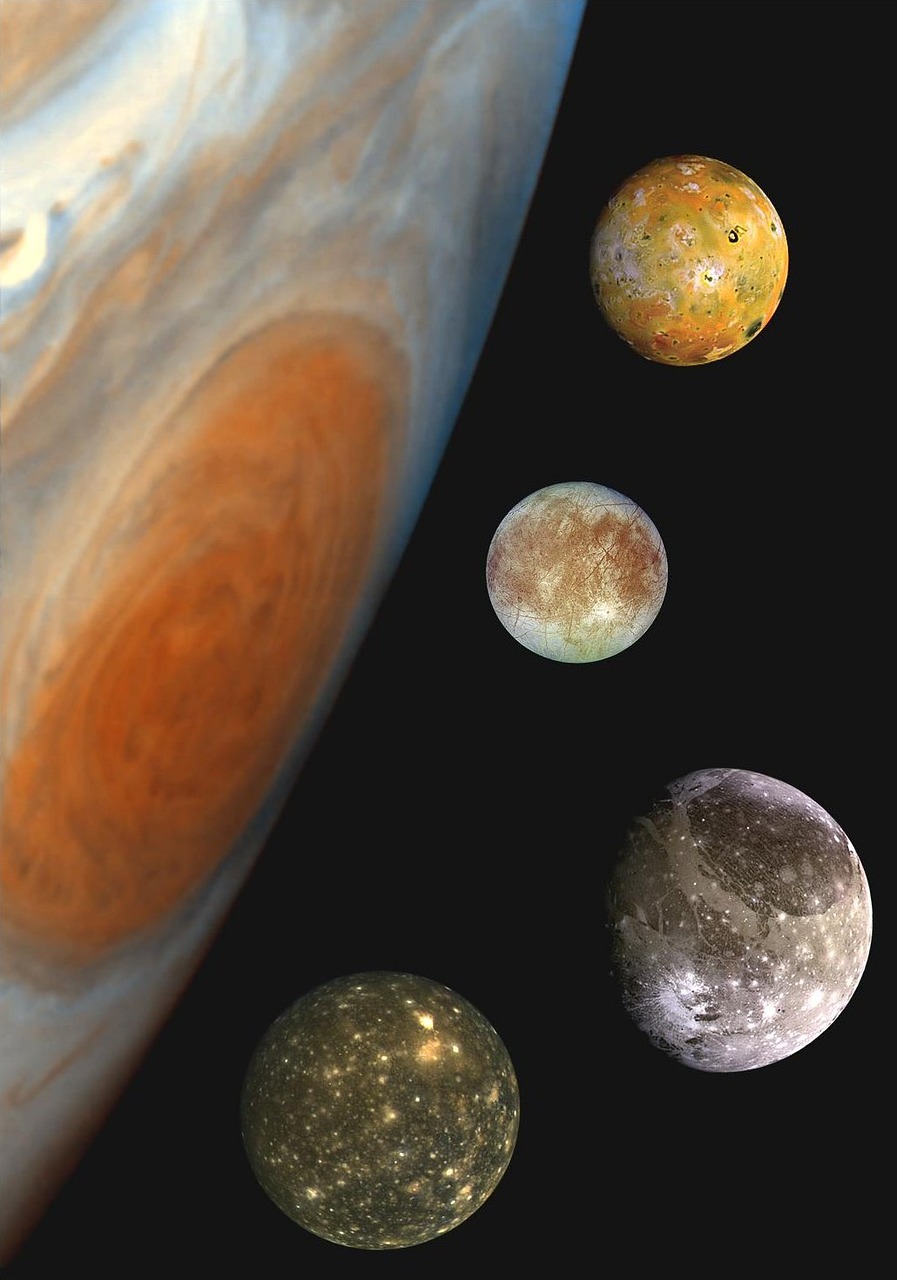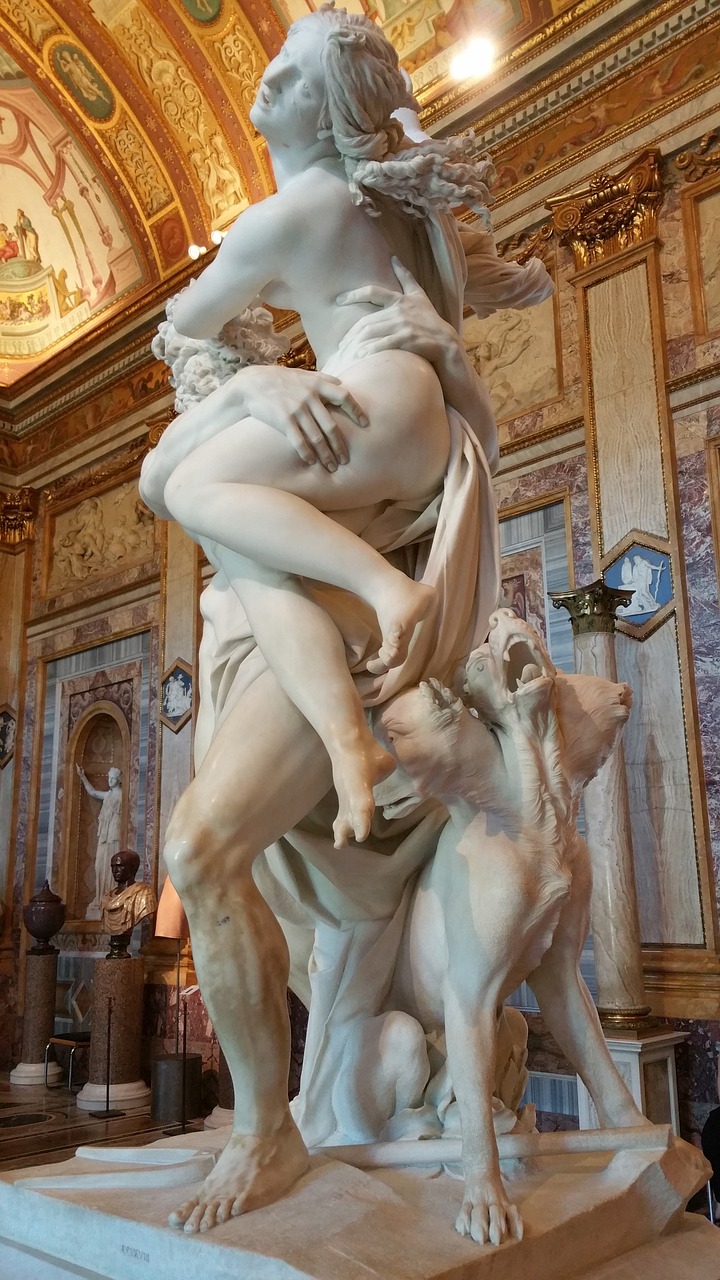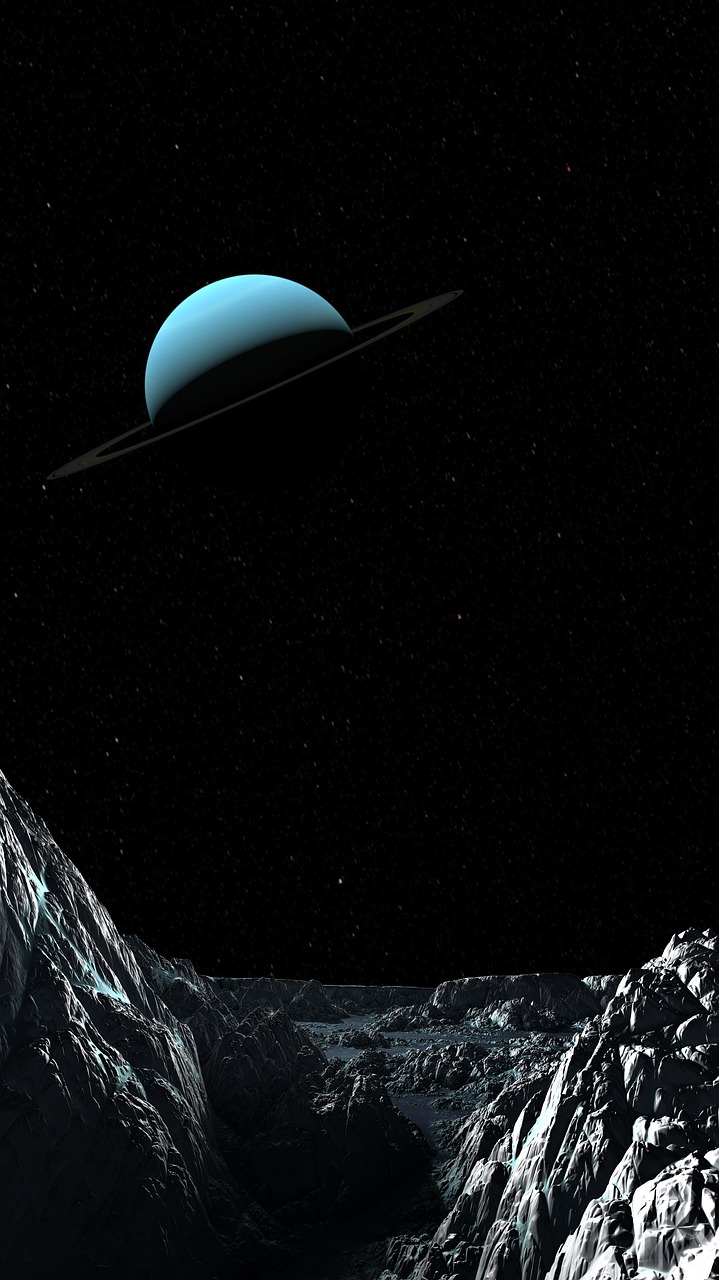Mythology
-

Zeus, the principal god in ancient Greek religion, is synonymous with the Roman deity Jupiter. His name is potentially linked to Dyaus, the ancient sky god mentioned in the Hindu Rigveda. Known as the deity who controlled thunder, lightning, rain, and winds, Zeus wielded the thunderbolt, which was considered his signature weapon. Positioned as the…
-
Grannus, the Celtic deity, plays an essential role in the tapestry of Celtic mythology, embodying elements of healing, light, and the sun. His veneration, notably shaped by Roman influences, spanned across Europe and featured sacred spaces, especially around thermal springs like those in Aquisgrán, Germany. Grannus is usually shown alongside horses and driving a solar…
-

Overview Jupiter, or Iuppiter, held the esteemed position as the chief deity among the Romans and Latins, embodying the sky, weather, and the overarching principles of order and state within the Roman Empire. His persona was largely synonymous with Zeus, the Greek god, although their worship traditions were distinct. The grandeur of Jupiter’s worship centered…
-

In Roman mythology, the goddess Proserpina, known as Persephone in Greek traditions, governs the essence of the seasons as well as the underworld. Her influence extends beyond just Roman lore, impacting various cultures and belief systems. The narrative of her abduction by Pluto and her subsequent reign as the underworld’s queen illustrates her duality—ruling both…
-

Following centuries marked by political turmoil, civil wars, and assassinations leading to the disintegration of the Roman Republic, Ancient Rome experienced a significant period of peace and prosperity known as the Pax Romana, or “Roman Peace.” This era commenced with Augustus’s rise to power as the first emperor in 27 B.C. and continued until the…
-
Creating a project on Flidais, an ancient Irish goddess, proved to be far more complex than I initially anticipated. I had expected the research to be straightforward, yet I encountered significant challenges. The information regarding Flidais is scarce, which led me to spend countless hours exploring books, academic papers, and online resources to uncover her…
-

Quirinus: The Roman God of Communities Quirinus is recognized as a significant deity in ancient Roman spirituality. Initially, he was among the top Roman gods, alongside Jupiter and Mars, and his worship was managed by one of the three principal flamines. These flamines, priests dedicated to specific gods, placed Quirinus in a lower rank within…
-

Uranus, the ancient Greek deity representing the sky and the heavens, is considered one of the primordial gods birthed from Gaia, the Earth. As the ruler of the celestial sphere, he symbolized power and masculinity, presiding over the cosmos. As the progenitor of the Titans, Cyclopes, and Hecatoncheires, Uranus faced betrayal from his own children,…


